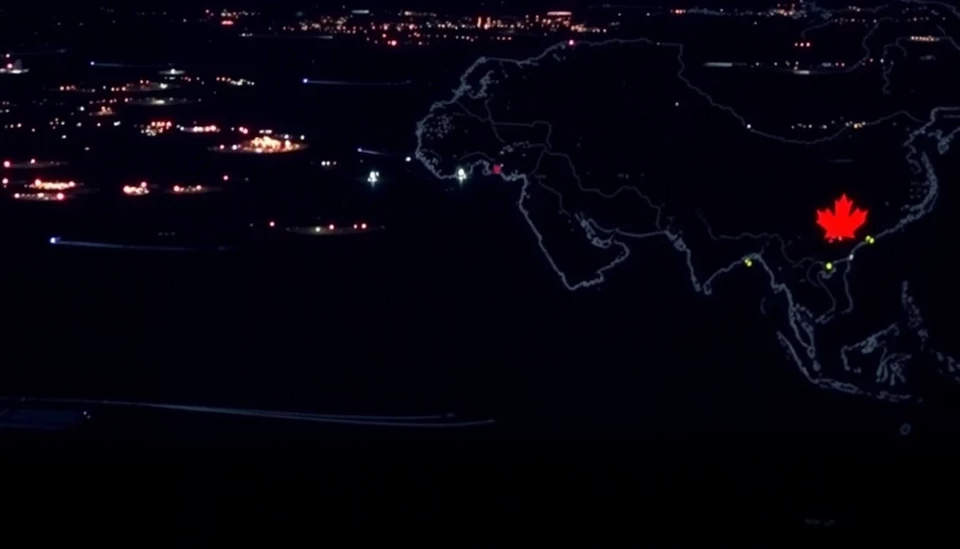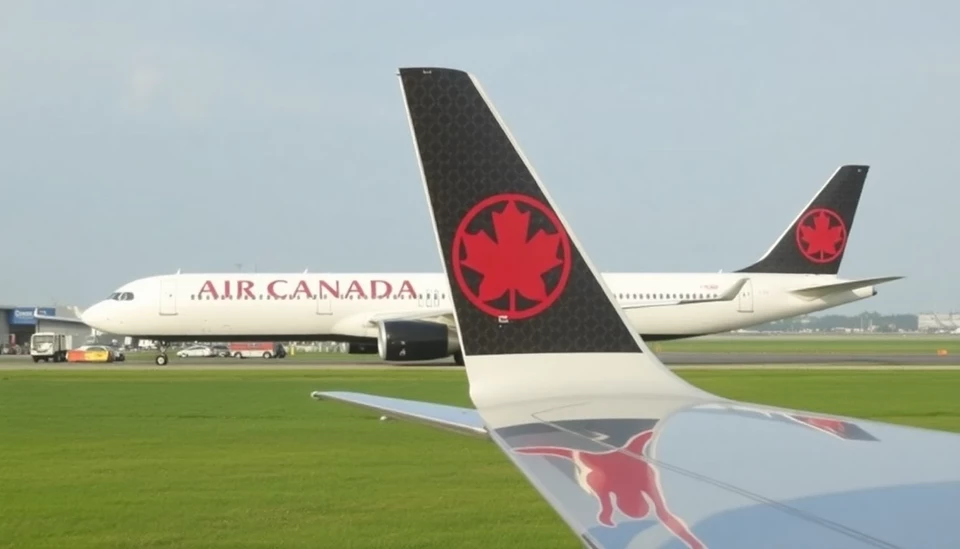
Air Canada has been fined a whopping $250,000 by the U.S. Department of Transportation for allegedly flying over restricted Iraqi airspace-a violation which raises multiple international aviation safety concerns.
The root of this matter is a violation of a directive by the Federal Aviation Administration, which squarely forbids American carriers and affiliates from overflying Iraq. This is in respect of continued safety concerns coupled with unrest occurring within the region. The general purpose of the directive is to ensure protection of passengers and crew from instances of hostilities and security threats in the volatile airspace.
These fines come on the heels of revelations that Air Canada undertook multiple flights through this restricted area. The transgression was flagged during a routine audit by U.S. authorities and thus had caused an immediate probe. In this regard, the Department of Transportation imposed the hefty fine in light of aviation compliance protocols and in respect of safety concerns.
Air Canada instantly claimed, post the ruling of the violation, that flying over Iraqi airspace was not intended. They said, through an official statement, that they updated their flight planning systems to be compliant with the FAA regulations. A commitment has been made by the carrier to stay in full cooperation with the American authorities and assure such slippages don't happen again.
The fine is not just a financial one that is imposed on Air Canada, but deeper: how well airlines adhere to international aviation safety standards and what mechanism exists to ensure that the standards set are indeed followed. This incident shows that airlines have to maintain stringent and updated compliance procedures, especially when dealing with regions in geopolitical turmoil.
Industry analysts say this incident may trigger fresh scrutiny into how the airlines track and update flight routes in real time. The focus is going to be on better technology being adopted and tighter regulations being placed in order to avoid similar violations and improve passenger safety on a whole.
Consumer advocacy groups have had their say on the incident, citing how serious it is to abide by international regulations governing airspace. As they say, passenger safety can never be sacrificed, whatever the operational pressures the airlines are facing. The fine imposed on Air Canada is being seen as a move toward enforcing laws on compliance with safety directives.
The case, going forward, therefore would serve as a stern warning for other carriers operating international routes of the need for constant vigilance, and to install sophisticated monitoring systems that would immediately respond to geopolitical changes affecting airspace regulations.
The global aviation community is watching as Air Canada deals with this major compliance issue. This may lead to a number of regulatory bodies pursuing more stringent measures in terms of audits and other means to ensure airlines of every stripe are adhering to all safety mandates for the collective security of international flying.
The fine has ramifications not only monetarily but could also influence Air Canada's operational planning and routing for the next few years. It shows that compliance with the regulations sustains passenger trust in safety in travel and that such non-intentional infringement could also be heavily penalized.
This incident, together with the fine against the airline company, makes the traveling public aware of the complexity lying deep beneath airline operations and the many layers of accumulated safety meant to protect travelers. It points to the need for continued airline oversight with a view to reducing any possible risks in air transportation.
In short, this fine by the U.S. Department of Transportation against Air Canada outlines one underlying precept in aviation safety-that there needs to be stern compliance with regulations that guide international flight. The carrier has cooperated well and promised to apply corrective measures; both are indices that it would henceforth ensure high standards of safety.
#AirCanada #AviationFines #FAA #InternationalAirspace #IraqiAirspace #AviationSafety #AirlineCompliance #FAARegulations #PassengerSafety #TravelSecurity #GlobalAviation
Author: Victoria Adams
